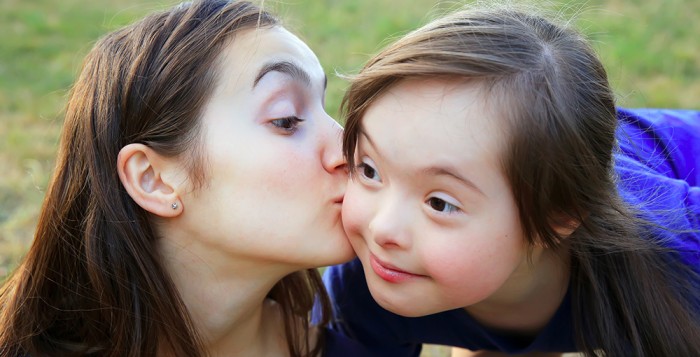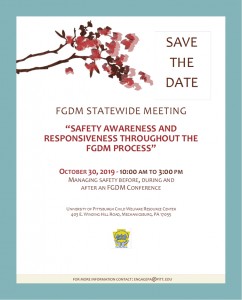When Governor Wolf signed the FY 19/20 budget at the end of June, it included $2.5 Million for the Parent Pathways initiative, led by the Department of Human Services (DHS) and the Department of Education (PDE). The Parent Pathways initiative is funded as a component of the DHS Cash Grants appropriation of $18.287 Million in FY 19/20.
Parent Pathways seeks to establish community-specific comprehensive models to support access to, and success in, post-secondary education and training for single parents. Specifically, the departments propose to invest in holistic models that address the needs of parents and children together and successfully leverage partnerships to offer sustainable solutions to the multiple barriers often facing families experiencing economic challenges.
Removing barriers to education empowers parents to pursue the skills needed for enriching, family-sustaining careers. Single parents, in particular, often face significant challenges around finances, housing, and child care that prevent them from accessing and successfully completing programs that could lift their family out of poverty, while also finding fulfillment in a meaningful career. Overcoming these barriers is often challenging for single-parent families on their own, but a network of support envisioned through the Parent Pathways model will create bridges to a life out of poverty that will shape families’ trajectories for years to come.
Next Steps
The departments are continuing to receive input on the initiative, explore our options for distributing the $2.5M implementation funding, and are developing a competitive Request for Application (RFA) to award Parent Pathway models later this calendar year. As previously shared, it is the plan to award grants in two phases for Parent Pathway models – 1) planning and development technical assistance and 2) implementation.
Prior to the release of the RFA, the departments will hold informational webinars for the public with more detailed information. In the meantime, we encourage interested parties to work with community partners, education institutions, and housing support entities to explore community-specific strategies to address the goals of Parent Pathways and meet the needs of single parents and their families in pursuit of post-secondary education.
Please visit this website for updates on the initiative and various resources available to assist you in community engagement and development. Contact Jim Sharp, RCPA Children’s Division Director, with questions.


















